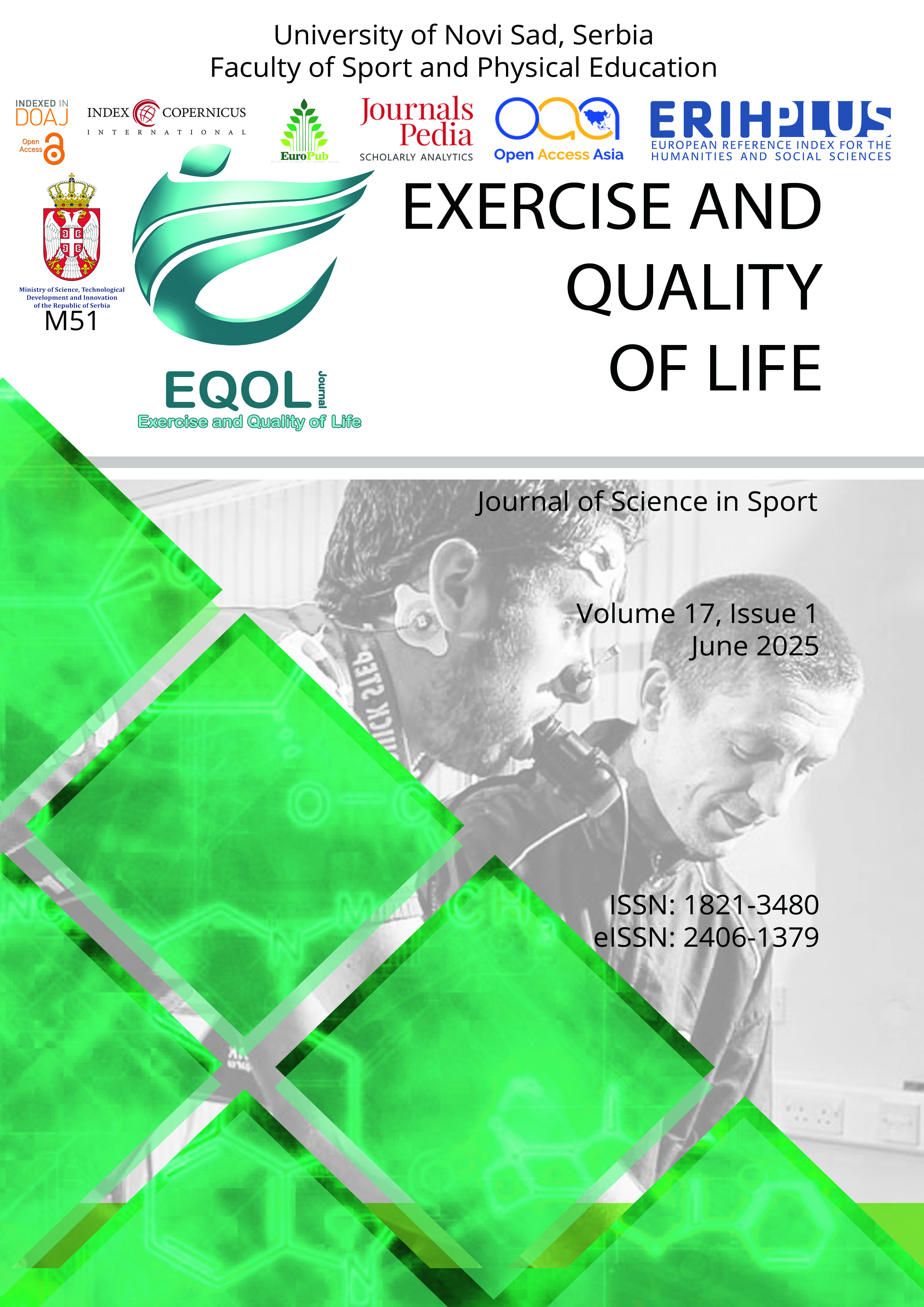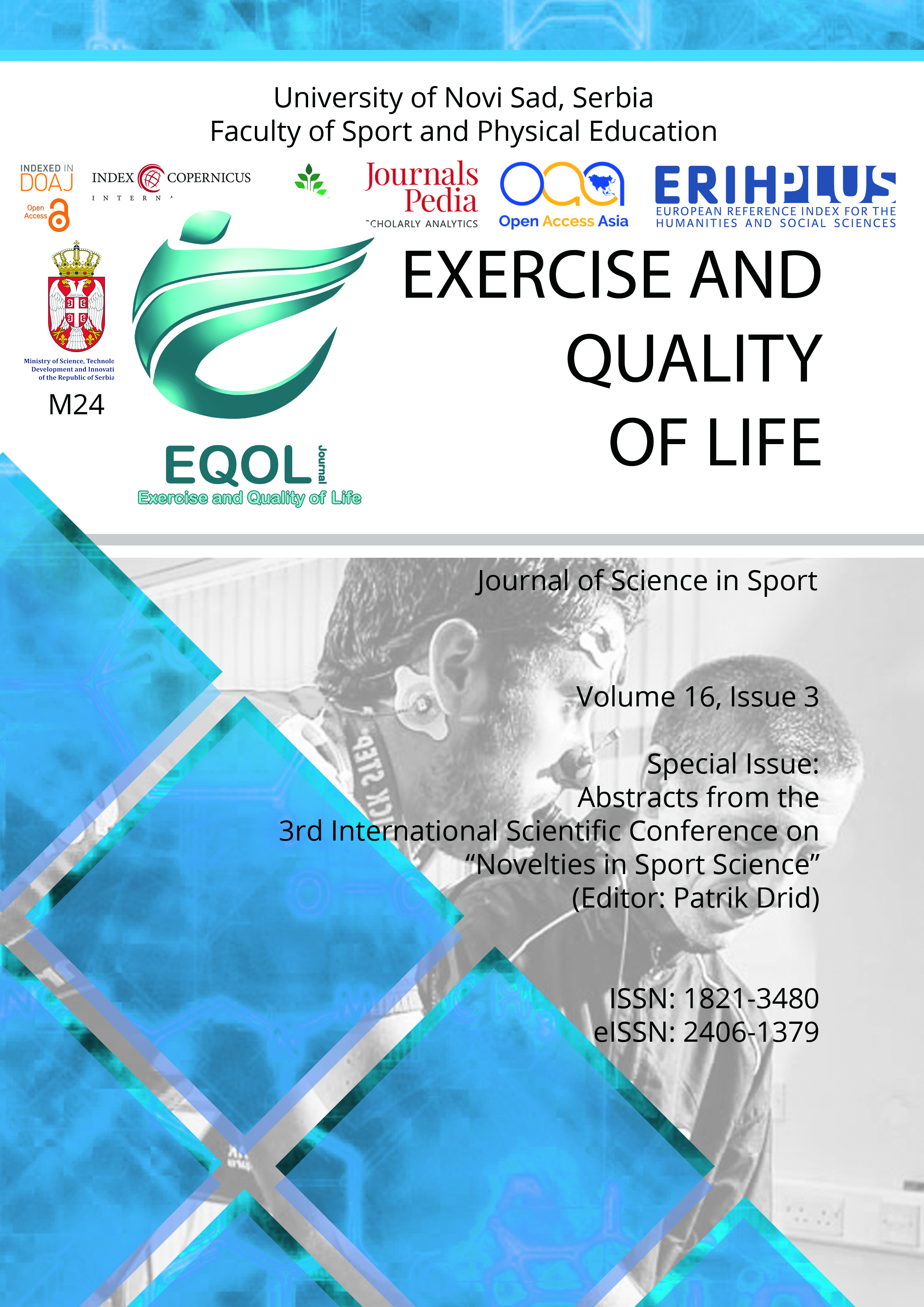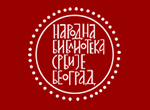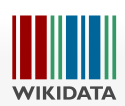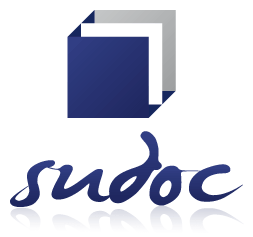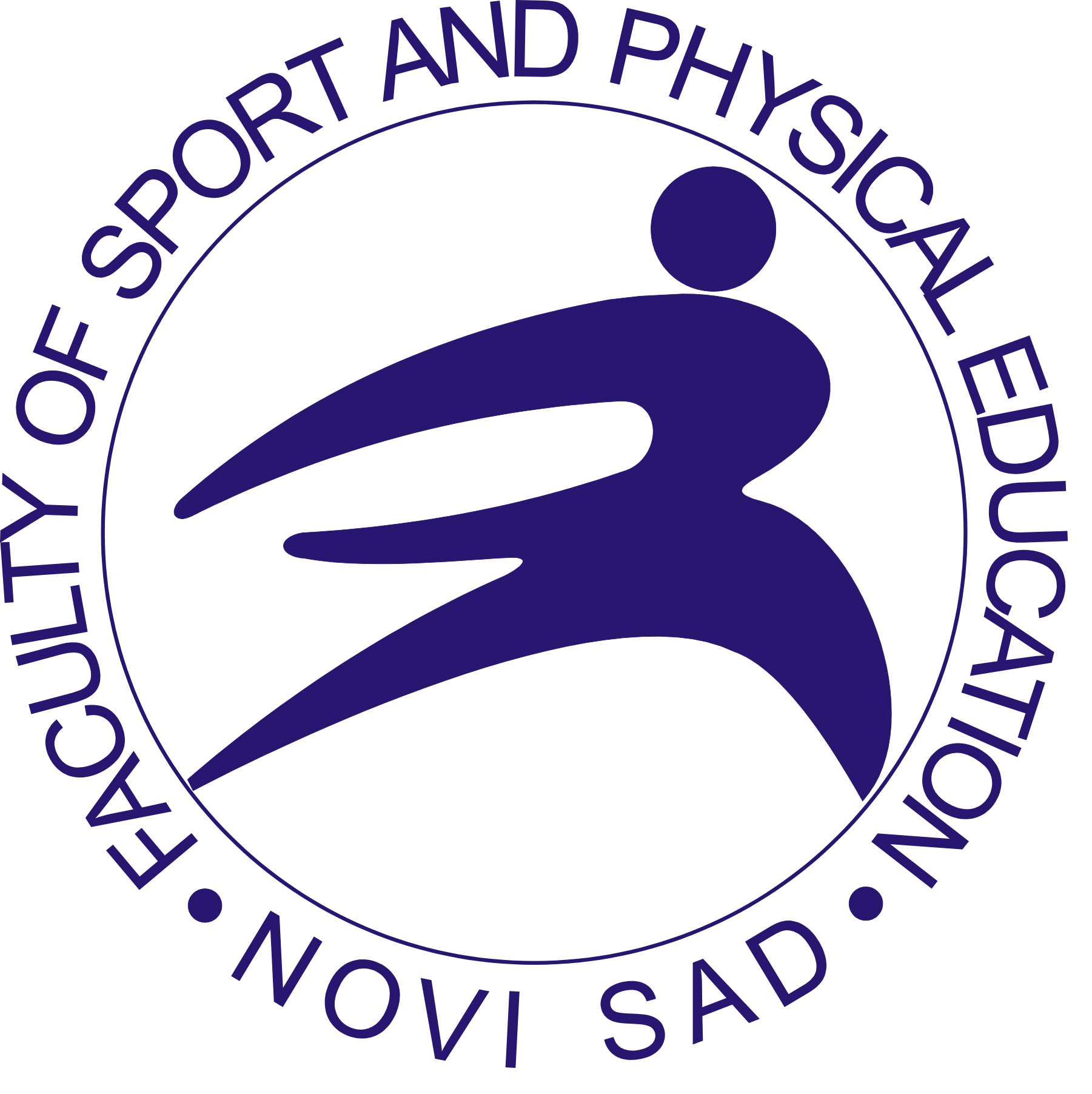Current issue

Volume 18, Issue 1, 2026
Online ISSN: 2406-1379
ISSN: 1821-3480
Volume 18 , Issue 1, (2026)
Published: 17.12.2025.
Open Access
Online First is a feature that enables the publication of final revised articles online before their inclusion in a printed issue. This accelerates the dissemination of research findings and ensures that your authors' work reaches the audience promptly.
Articles published through Online First are assigned a DOI upon their online posting. They should be cited as follows:
Author(s). Title of the article. Exercise and Quality of Life. Advance online publication. DOI:10.31382/xxxx
After assignment to a final issue, citations can include the volume and page numbers in addition to the DOI.
Once articles are allocated to a specific issue, their hosting transitions from the Online First page to the main journal archive. The DOI ensures persistent accessibility.
Citations to Online First articles are counted toward the journal's Impact Factor if other indexing criteria are met. This promotes earlier engagement with the published work.
Online First articles are considered final but not definitive until assigned to a specific issue. Errors identified in the online version can be corrected before the final issue publication.
All issues
Contents
15.06.2024.
Original scientific paper
Correlation between acute muscle damage and oxidative protection enzymes during different aerobic exercises
Different types of aerobic exercise can cause different disorders of homeostasis. This cross-over experiment aimed to determine the muscle fatigue and the antioxidative protection of female basketball players following a load caused by three different aerobic-type exercises (low-intensity continuous, high-intensity continuous, and high-intensity interval training). Twelve female basketball players (age 17.7±4.3 years; weight 67.3±9.8 kg; height 178.0±7.4 cm) voluntarily participated in the study. A wash-out period of 7 days between single sessions of different training was provided. Venous blood was drawn right before and immediately after each exercise session. The parameters that were analyzed are markers of muscle damage and enzymes of antioxidant protection. As a marker of muscle damage, myoglobin (F=2.884; p=0.065) and lactates (F=5.254; p=0.008) have higher values and statistically significant differences between training types. Creatinine shows higher values after each training session (F=4.053; p=0.022). Results of enzyme activity for oxidative protection show statistically significant differences between groups for catalase (F=5.811; p=0.005) with different types of training intervention. At the beginning of the preparatory period, parameters of acute muscle damage values are high. During the season, in response to different types of training, those parameters decrease in response to the body's adaptation to exercise-induced stress. Training leads to maintenance of physiological balance in the body and oxidative stress is not a necessary phenomenon of high aerobic training load. The inclusion of antioxidant protection enzymes decreases as the body adapts to a certain type of exercise.
Bojana Marić, Sandra Vujkov
13.12.2023.
Original scientific paper
Increased legs-to-total fat percentage ratio in females with a normal body mass index: A change in lifestyle or the adaptation process of the body
Monitoring the prevalence of obesity is of great importance for assessing lifestyle interventions aimed at preventing or reducing the health and economic burden of obesity. A sedentary Westerntype lifestyle results in an increase in the incidence of normal-weight (e.g., thin fat) obesity. In the present cross-sectional study, the regional body composition status (using a multifrequency, medically approved electrical bioimpedance monitor) of 844 Slovene adults was examined. The primary aim was to compare the leg fat percentage to total body fat percentage (LEGFAT%-toTOTFAT%) and to trunk fat percentage (TRUFAT%) (LEGFAT%-to-TRUFAT%) ratios of participants in the normal and obese body mass index (BMI) and categories according to the BMI and obesity classifications of the World Health Organization. In addition, examined how correlated with, sex, and age, according to obesity classification cut-offs. Results showed, for the whole sample, that increases by an average of 0.13% each year (ceteris paribus). However, females in the normal BMI and TOTFAT% categories, but not males, had significantly higher LEGFAT%-to-TOTFAT% and LEGFAT%-to-TRUFAT% ratios than those in the obese category. Furthermore, adjusted R2 (linear regression) showed that 82.5% of the variation in LEGFAT% was explained by variations in TOTFAT%, sex, and age. The present results indicated the increasing importance of studying the regional body composition status, especially of TRUFAT% and LEGFAT% compared with TOTFAT% (beyond the known sex differences). The clinical relevance of the increasing disproportionality in the regional body composition status of females with normal BMI and TOTFAT% needs to be further clarified.
Boštjan Jakše, Stanislav Pinter, Uroš Godnov
20.06.2023.
Original scientific paper
Inability to perform the five-chair stand test predicts increased risk of sarcopenia in nursing home residents
The proportion of elderly and sarcopenia cases is expected to increase in the coming decades. Early diagnosis of sarcopenia using muscle strength as a criterion is important to prevent adverse health effects. The repetitive chair stand test is an effective tool for assessing muscle strength. Poor test performance may indicate an individual with potential sarcopenia. The aim of this study was to investigate the effect of the ability to perform the five-repetition chair stand test on the prevalence of sarcopenia in residents of western Slovenian nursing homes. 83 candidates (age 83.8±7.6 years, 69% of whom were women) we included in the study. The prevalence of sarcopenia was determined according to European Working Group for Sarcopenia guidelines and the five-repetition chair stand test was used to assess physical performance. Relative risk with a 95% confidence interval was calculated to assess the difference in risk for sarcopenia between the complete rises and the incomplete rises group. 37% of participants were diagnosed as sarcopenic, of whom approximately half were unable to complete the 5-chair stand test. The risk of sarcopenia was twice as high in participants who were unable to complete the test (RR = 2.05 (CI 1.21-3.49); p=0.0077). The inability to complete the repeated chair stand test in older adults from nursing homes significantly increases the risk of sarcopenia. Therefore, this test could be useful in identifying individuals at high risk.
Martin Šporin, Dorjana Zerbo Šporin
20.06.2023.
Original scientific paper
The influence of linear speed on the ability to change the direction of movement in elite female football players
The aim of this study was to show the influence of linear speed on the ability to change the direction of movement. Nineteen football players (16.90±2.28 years old) from the Serbian Super League participated in the research. Tests were performed to estimate speed: the linear speed at 5 m, 10 m, 20 m, and flying start at 10 m, and the 505 test for dominant and non-dominant leg, as well as CODS deficit, were applied to assess the ability to change direction. Using regression analysis, it was shown that linear speed has no statistically significant effect on the ability to change direction with elite female football players (P<0.05). In interpreting the results, several factors should be taken into account and the complexity of the linear speed relationship and the ability to change direction should be understood. The findings we gained from this research could influence the modification of training cycles, primarily strength, movement mechanics, and later more specific training episodes of football players.
Dejan Javorac, Aleksandar Vrbaški, Saša Marković, Slavko Molnar
20.06.2023.
Original scientific paper
Influence of health status and loneliness on satisfaction with life, emotional dimensions, and distress in junior handball players
This transversal study aimed to examine the contribution of predictor variables of the construct of health status (objective and subjective assessment of health) to the variability of the criteria satisfaction with life, emotional dimensions (positive affect, negative affect), and emotional factor of distress (depression, anxiety, and stress) in junior handball players. The pertinent sample consisted of 132 junior handball players in – Serbian First League. The average age of participants was 18.25 ± 0.90 years of age. The following measuring instruments were used: 1) the Depression, Anxiety, and Stress Scale – DASS-21, 2) De Jong Gierveld Loneliness Scale – DJGLS, 3) the Satisfaction with Life Scale‒ SWLS, and 4) The Positive and Negative Affect Schedule – PANAS showed satisfactory internal consistency. The conducted multiple regression analysis explained 51% of the proportion variance of the dependent variable satisfaction with life, positive and/or negative affectivity, and cognitive aspect of distress, where the only statistically significant negative predictors were loneliness and subjective assessment of health status. At the same time, when it comes to the assessment of loneliness in adolescents, these independent variables achieved significant interaction with the subjective assessment of health. This would mean that handball players, who subjectively assess their health as bad, and feel lonelier. On the other hand, the regression model did not confirm the role of the predictor variable objective assessment of health status and loneliness. This regression study has contributed to the existing literature and empirical data on the significance of the rarely explored relations between the constructs of health and well-being in the adolescent sports population. Theoretical contributions and practical implications for future research were also discussed.
Miroljub Ivanović, Uglješa Ivanović
20.06.2023.
Original scientific paper
Motor competence of children with different levels of physical activity
Adequate development, testing, continuous motor competence monitoring and physical fitness are very important factors in the development of children aged 7 to 10. The purpose of this study was to determine the differences in the motor competence of the children engaged in organized physical activities in sports clubs and the children who were not included in any kind of organized physical activity. The study included 119 children, 57 children engaged in organized activities in sports clubs (age: 8.44 ± 0.78; height: 133.17 ± 7.21; weight: 31.96 ± 7.73 BMI: 17.9 ± 3.38) and 62 children who had no additional organized physical activity (age: 8.43 ± 0.84; height: 134.85 ± 7.60; Weight: 34.44 ± 9.20 BMI: 18.7 ± 3.68). Motor competence was assessed by the Kiphard-Schilling body coordination test (KTK). After adjusting for age, gender, and BMI effects, we found small to medium significant mean differences (p<0.05, d [95%CI]) between the groups in hopping for height tests (d=0.78 [0.41, 1.16]), jumping sideways (d=0.79 [0.42, 1.17]), moving sideways (d=0.68 [0.32, 1.06]), and walking backward (d=0.44 [0.07, 0.81]). The results have shown that the children who were engaged in organized physical activities in sports clubs have a higher level of motor competence than their peers who were not included in the organized system in sports clubs. The authors strongly suggest that teachers, educators, coaches, and parents should encourage and include children in organized systems of physical activity, i.e., training processes in sports clubs.
Gojko Škundrić, Draženka Mačak, Snežana Damjanović, Boris Popović
13.12.2023.
Original scientific paper
The influence of anthropometric characteristics on swimming speed in adolescent swimmers
Swimming speed depends on anthropometric characteristics, biomechanics factors, physical fitness, physiological components, and genetics. Therefore, this study aimed to identify which anthropometric characteristics influence swimming speed in adolescent competitive swimmers. Thirty-eight male swimmers (aged 16.94 ± 0.8 years; body height: 178.3 ± 5.4 cm; body weight 67.7 ± 9.6 kg) and thirty-five female swimmers (aged 17.12 ± 0.7 years; body height: 175.1 ± 6.6 cm; body weight 59.9 ± 7.1 kg) participated in the study. All swimmers have competed at the national level in Serbia for at least three years and have at least five years of training experience. Fifteen variables were measured: arm length, hand length, leg length, foot length, seat height, wrist diameter, ankle joint diameter, elbow diameter, chest circumference, triceps skinfold, forearm skinfold, abdominal skinfold, subscapular skinfold, thigh skinfold, calf skinfold. The measurements were taken by the Martin anthropometer, Omron digital scale BF511, and John Bull caliper. Swimming speed was measured during 50-m and 100-m front crawl swimming. Multiple regression analysis revealed that arm length, wrist diameter, and chest circumference, all together, accounted for 77% of 100-m front crawl swimming speed in male swimmers, while abdominal skinfold accounted for 90% of 100-m front crawl swimming speed in female swimmers. Results showed that anthropometric characteristics could not account for adolescent swimmers' 50-m front crawl swimming speed. However, anthropometric characteristics can influence the result in swimming (100-m front crawl swimming speed) in adolescents and thus should be considered a diagnostic tool in selecting young swimmers.
Jovica Peulić, Anja Obradović, Mila Vukadinović Jurišić, Jelena Obradović
13.12.2023.
Preliminary report/Short communication
Sport as an actor of big politics: Football and its social function
The author finds the reason for writing the paper in the current holding of the World Football Championship in Qatar, as one of the biggest sporting events bigger and more significant than the Olympic Games themselves. Often this great global event is seen as the last place where the small can defeat the big, thereby losing the illusion that the rich and the big always win, and that “David can beat Goliath”. Taking the facts into account, football is still primarily a game of the poor, in which the largest number of footballers came from the margins which, according to the author, reflects its greatest social strength. In his work, the author intends to describe and explain the world in which we live through the prism of not only previous championships. It is through the metaphor of football that the author deals with the issue of global order, with the fact that the main issues of this work are more cultural than economic. As the work is of a theoretical nature, the author's intention is to devote special attention to the consideration of physical culture and sport as a factor of socialization within this theoretical analysis, with a special emphasis on the sociology of football.
Biljana Prodović Milojković
13.12.2023.
Original scientific paper
Sprint race distance affects reaction time in male and female sprinters at the 2022 World Indoor Athletics Championships
In sprint disciplines, the start reaction (SR) time affects the final result in the sprint. This research aimed to analyze and examine whether there are significant differences in the SR in the semi-final and final groups in the 60 m and 400 m disciplines at the World Indoor Championships in Athletics, held in Belgrade in 2022 in men's and women's competition. The aim was also to determine if there were statistical differences between men and women in the 400 m event. T-test for independent samples showed statistical differences between the SR in the 60 m and 400 m athletics events in men (t=-4.434, p=0.000) and women (t=-3.210, p=0.004). For the 400 m running events, an independent samples t-test was used to examine differences between men and women in SR. No significant differences were obtained between men and women in the 400 m event (t=0.401, p=0.691). SR is part of all running disciplines and affects the time achieved in the race (result). Although it has been known for a long time that training can influence SR, a few studies still examine training's effects on SR. The question can be about how much it is possible to reduce SR with specific training exercises or to apply certain neurophysiological methods.
Milan Matić, Vladimir Mrdaković, Miloš Marković
20.06.2023.
Original scientific paper
Relationship between reaction time and performance in the 60 m hurdles at the 2022 World Indoor Championships
Previous studies indicate that there is a large influence of the starting reaction time (RT) on sprint performance, but also that some recent changes in athletic rules may affect this correlation. This study aimed to examine the relationship between RT and results in: men’s (M60mH) and women’s (W60mH) disciplines 60 m over hurdles, 60 m hurdles in the heptathlon (H), 60 m hurdles in the pentathlon (P) at the recently held World Indoor Championship 2022 (WIC). The aim was also to determine whether there are differences in RT between M60mH and W60mH, M60mH and H, W60mH, and P, and between H and P. The study included 170 competitors who competed at the WIC. Pearson’s linear correlation coefficient (r) was used for correlation analysis, and the t-test for independent samples was used to examine differences between groups. A statistically significant correlation (r=0.23, N=72, p=0.05) was found between the results and RT in W60mH when observing the entire sample of participants (r2 = 5.29). Considering that in H (r=0.42, N=10, p=0.23, r2=0.18) and P (r=0.54, N=12, p=0.07, r2=0.29), a much higher correlation was obtained between results and RT than in competitors in the 60 m hurdles event, we believe that this is a consequence of different athletic rules that refer to a false start. There are no significant differences between RT for M60mH and W60mH, M60mH and H, W60mH, and P, and between H and P. Coaches should pay attention to developing all parts of the sprint race, including the reaction time.
Milan Matić, Vladimir Mrdaković



